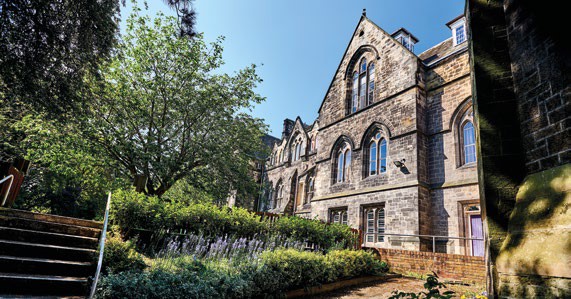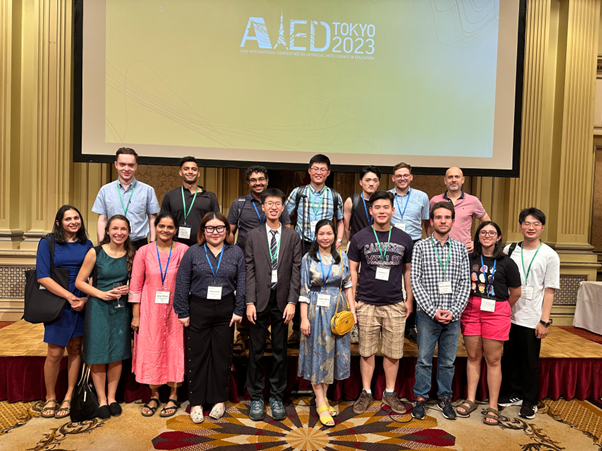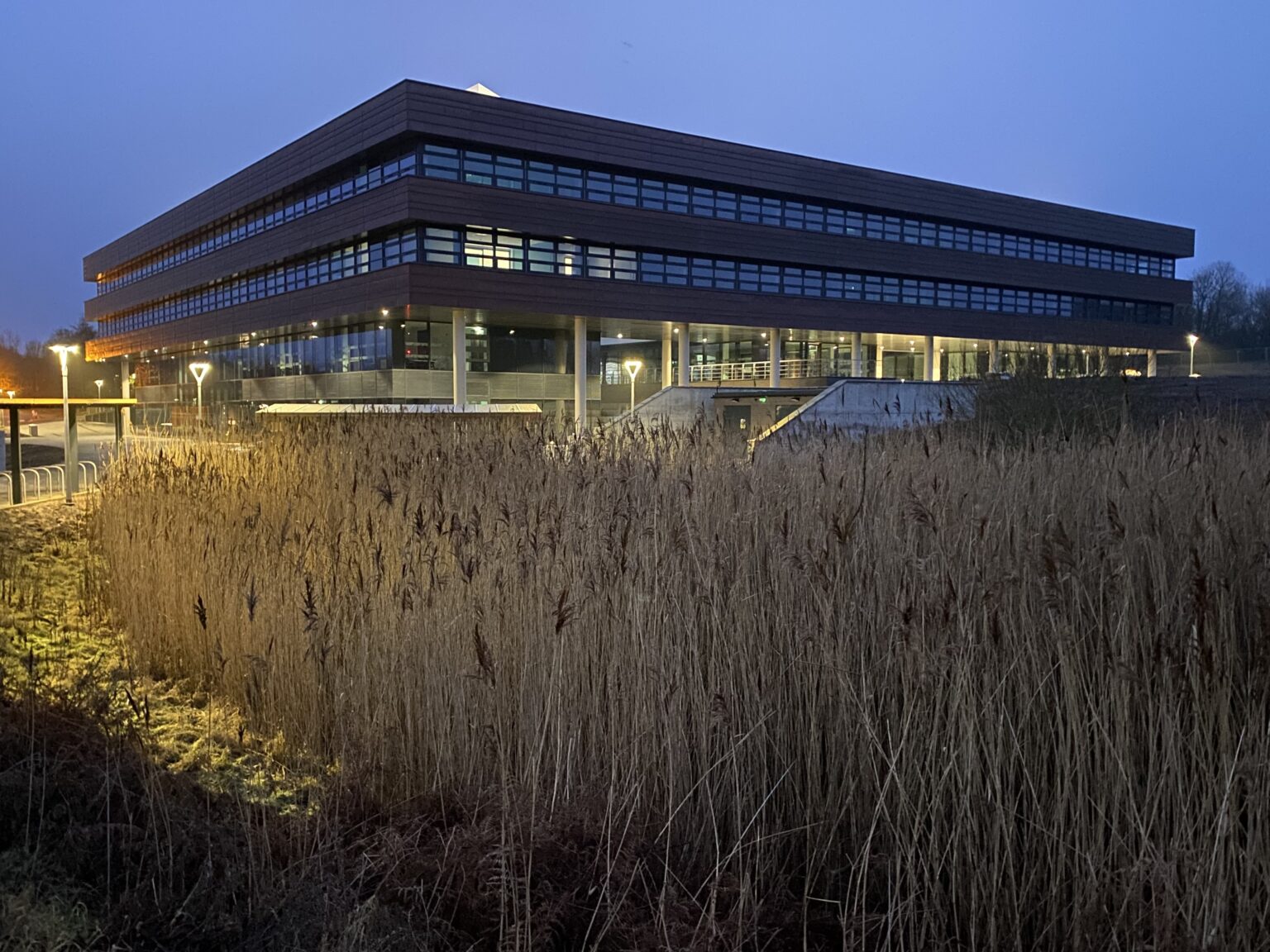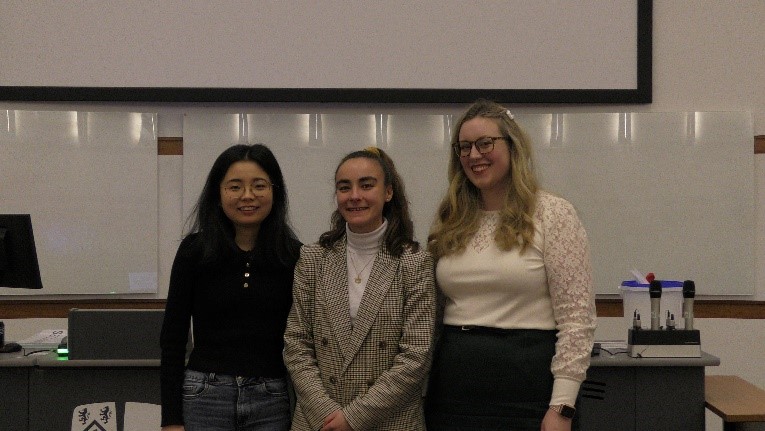When I started my PhD, I imagined that in four years time I would become a highly specialised researcher in Cosmology, and would not learn much about anything else. However, since I started my studies at Durham I have worked in widely different fields such as epidemiological simulations, Astrophysics and Natural Language Processing. This was made possible by the Centre for Doctoral Training (CDT) in Data Intensive Science, an initiative created to take advantage of the emerging synergies between industry and academia, growing around the fields of Artificial Intelligence and Big Data, by funding doctoral studies in Particle Physics and Astrophysics. Today’s tech industry needs a large flow of scientists that can learn new skills quickly, and that have developed two very valuable skills during their PhD: perseverance and rigour.
During the first year of my studies, I worked for the North-East based company IBEX together with two fellow PhD students: Joseph Bullock and Arnau Quera-Bofarull. In our placement, we developed an AI algorithm that can segment bone and soft-tissue in X-Ray images. The company now uses our model to improve the quality of X-Ray imaging through software.
This placement was my first experience with Machine Learning and Artificial Intelligence, and I didn’t only learn a lot about it, but from this time I also gained two collaborators (and friends) with whom I still work today. It was my first experience working with a group of people, and that was certainly the most valuable part of my time at IBEX.
Following my placement at IBEX, I returned to my PhD in Cosmology until March last year, when the pandemic started. I then began meeting with a group of people related to the CDT in data intensive science that had an interest in epidemiological simulations. What started as a way to understand how these simulations are done and used ended up producing a publicly available code that generates an extremely accurate digital twin of a population, and simulates the spread of COVID-19. So far, the code has been used to model interventions to stop the spread of the virus in two specific locations: England, in collaboration with NHS-E, and the Cox’s Bazar refugee settlement in Bangladesh, carried out in collaboration with the United Nations.
Finally, as part of the PhD we are required to complete a six-month placement in industry. I finished my remote placement at Amazon in early April, where I completely changed fields to work on AI applied to Natural Language Processing. It has been an extremely valuable experience, since I have learned how AI research is done in a private company from highly qualified scientists. Although the placement took place remotely, I had the opportunity to learn from Amazon’s unique working culture. I am sure that the things I have learned will be useful throughout my career, either inside or outside of academia.
As you can see, a PhD in Cosmology is not at all a narrowing step in your career, but one that will open many unexpected doors. It is the skills that we develop during our PhD, both technical, such as statistical data analysis, and transferable, such as perseverance and adaptability, that enable us to contribute to widely different fields of knowledge.
Discover more
Our Department of Physics is a thriving centre for research and education. Ranked 4th in the UK by The Guardian University Guide 2022, we are proud to deliver a teaching and learning experience for students which closely aligns with the research-intensive values and practices of the University.
Feeling inspired? Visit our Physics webpages to learn more about our postgraduate and undergraduate programmes.
Find out more about Astronomy and Cosmology at Durham here.
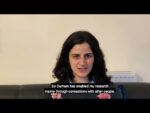
Carolina Cuesta-Lazaro
I'm Carol, a PhD student in Astronomy and Astrophysics at the Institute for Computational Cosmology, and a proud member of Trevelyan College.


